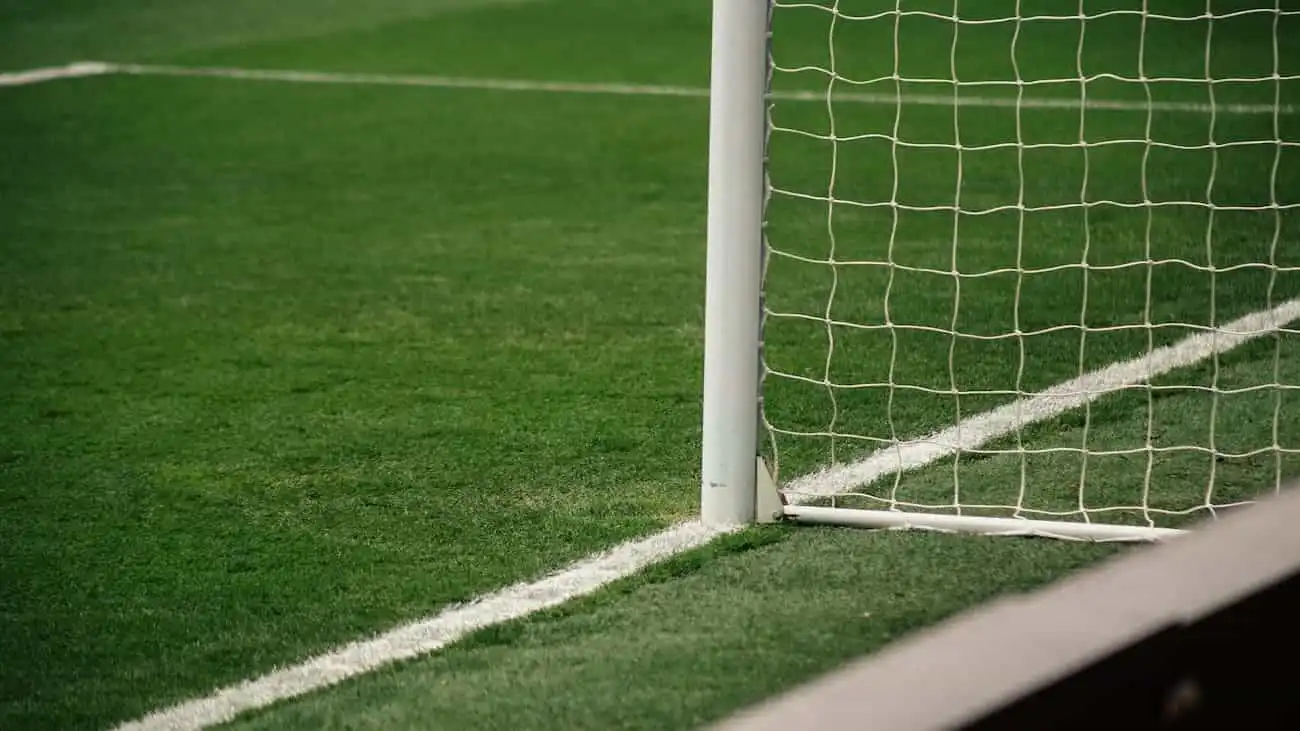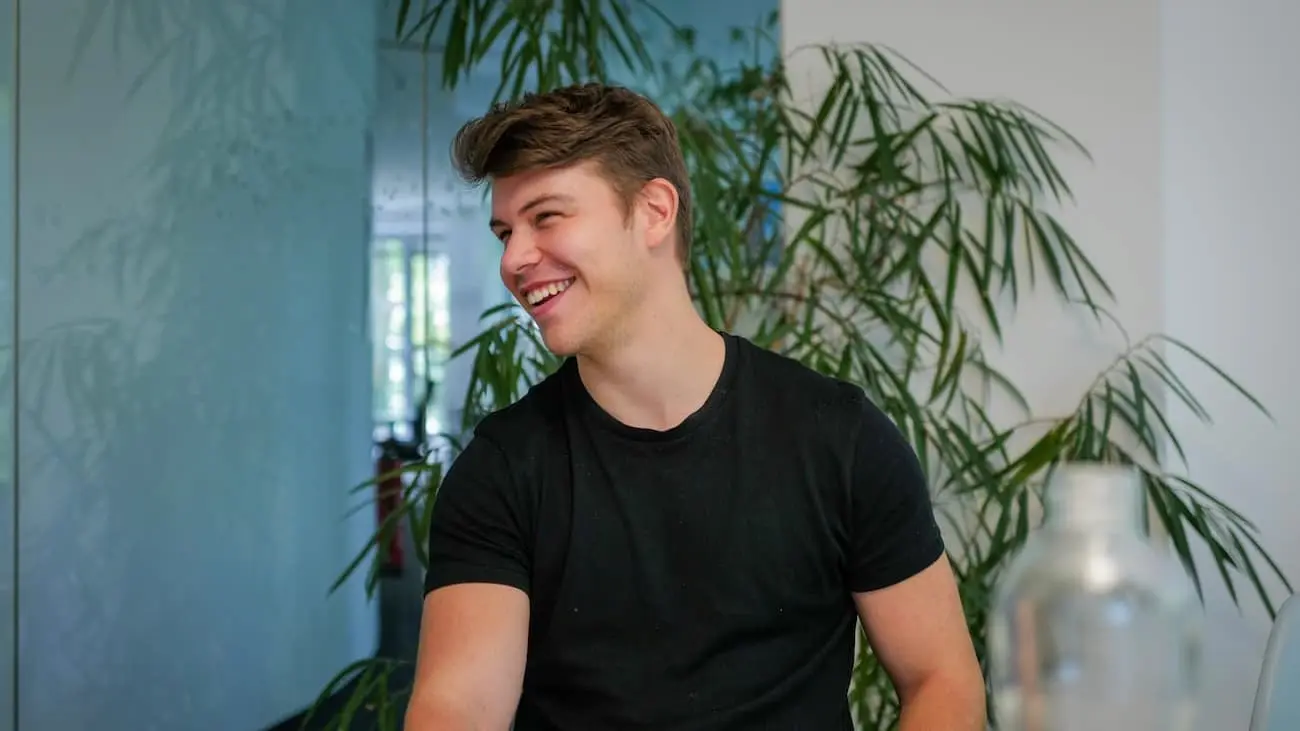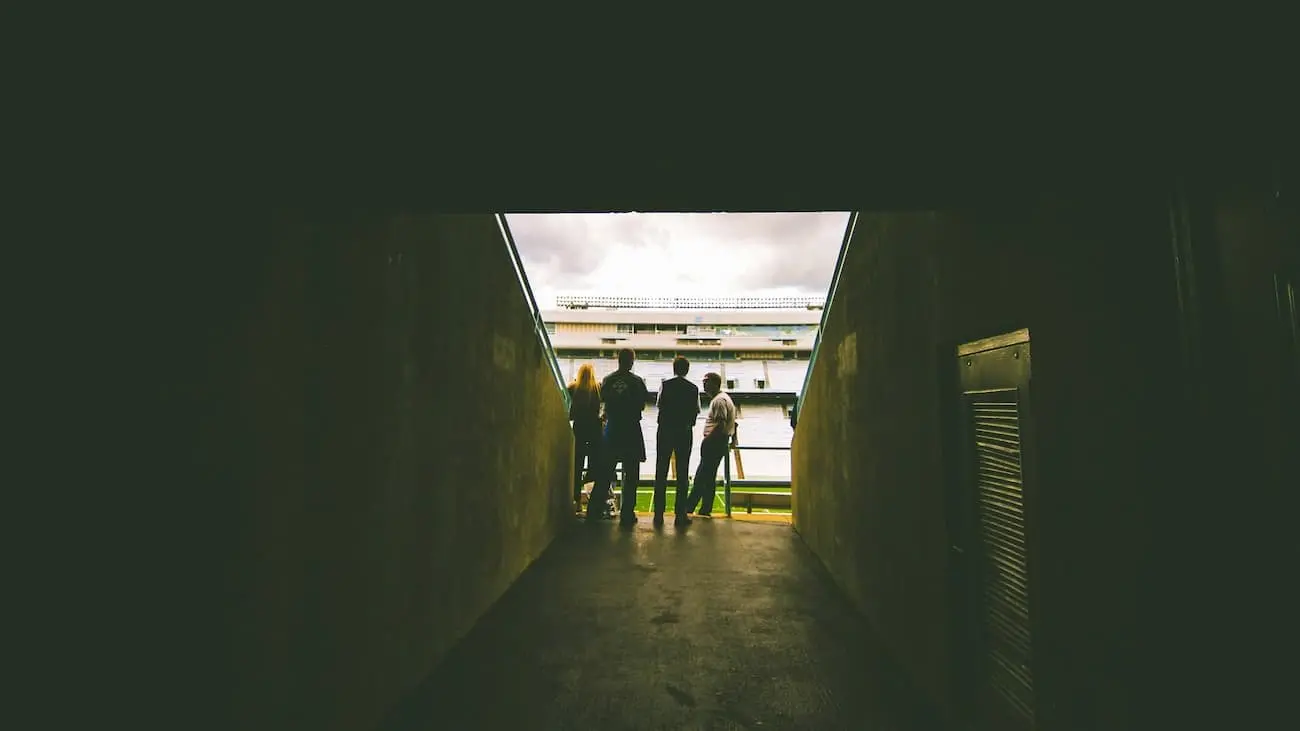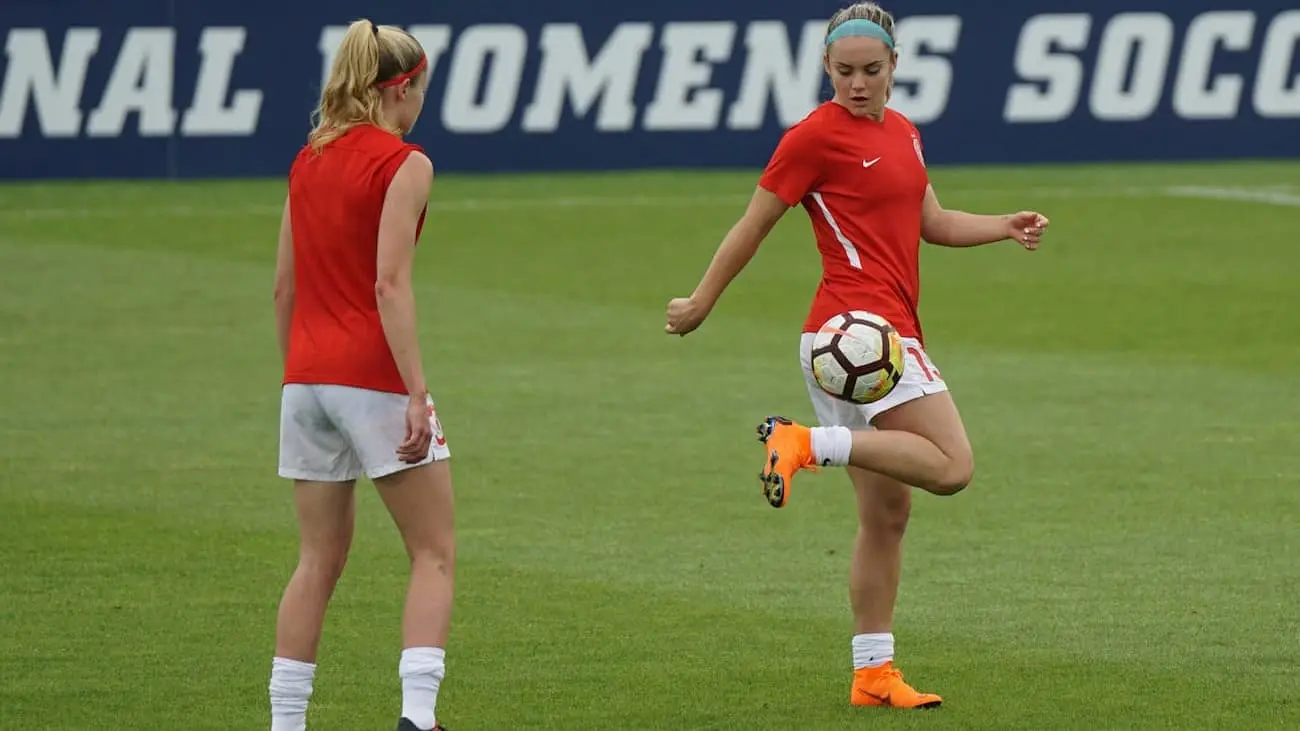YOUTH ACADEMYS
Thiago Calderaro
The poor performance of the German national team at Euro 2000 motivated the German Football Association (DFB) to make a fundamental change in youth development. The DFB introduced a two-pillar model, consisting of DFB-led talent support centres and club-run youth academies. Professional clubs from the 1st and 2nd Bundesliga were required to establish a youth academy. Clubs below these leagues could do so on a voluntary basis, aiming to improve the structure and quality of training for young football players.
Licensing Criteria for a Youth Academy
For the licensing of a youth academy, clubs must meet certain criteria set out in the licensing regulations. There are different requirements for clubs in the first and second Bundesliga. The guidelines detail the infrastructural conditions, such as the equipment of the training facilities, as well as the qualifications of the coaching staff.
The Three Pillars of a Youth Academy:
1. Management
Strategy
Organisation
Infrastructure
Personnel
2. Football Development
Philosophy of Play
Training Plan
Personnel
3. Support
Medical
Education & Career
Boarding School
Social & Prevention
Scientific Support
All details can be found here.
The Youth Academies Commission is composed of staff from the clubs, the DFL, and the DFB. Its main tasks include promoting the sporting, scientific, social, and cultural development of the academies and evaluating talent development.
Elite Schools - Partners of the Youth Academies
Elite Schools of Football are special educational and support institutions designed to foster young football talents both academically and athletically. The challenge is for young talents to coordinate their time-intensive and demanding sporting activities with their academic education, to have a career perspective beyond the uncertain football career.
There are 38 elite schools across Germany, forming a network to ensure this dual support. Among them, 11 special locations cater to female talents, as the women's Bundesliga leagues do not have their own youth academies. The schools are structured to meet the specific needs of the players, offering individually tailored training plans and academic support such as homework supervision and flexible exam schedules.
Youth Academies in Germany (As of 23/24)
1. Bundesliga (18 Clubs)
1. FC Heidenheim 1846
1. FC Köln
1. FC Union Berlin
1. FSV Mainz 05
Bayer 04 Leverkusen
Borussia Dortmund
Borussia Mönchengladbach
Eintracht Frankfurt
FC Augsburg
FC Bayern München
RB Leipzig
Sport-Club Freiburg
SV Darmstadt 98
SV Werder Bremen
TSG Hoffenheim
VfB Stuttgart
VfL Bochum 1848
VfL Wolfsburg
2. Bundesliga (18 Clubs)
1. FC Kaiserslautern
1. FC Magdeburg
1. FC Nürnberg
Eintracht Braunschweig
F.C. Hansa Rostock
FC Schalke 04
FC St. Pauli
Fortuna Düsseldorf
Hamburger SV
Hannover 96
Hertha BSC
Holstein Kiel
Karlsruher SC
SC Paderborn 07
SpVgg Greuther Fürth
SV Elversberg
SV Wehen Wiesbaden
VfL Osnabrück
3. Liga (14 Clubs)
1. FC Saarbrücken
Arminia Bielefeld
FC Erzgebirge Aue
FC Ingolstadt 04
Hallescher FC
MSV Duisburg
Rot-Wess Essen
SpVgg Unterhaching
SSV Jahn Regensburg
SSV Ulm 1846 Fußball
SV Sandhausen
SG Dynamo Dresden
TSV 1860 München
Viktoria Köln
Regionalliga (8 Clubs)
Chemnitzer FC
FC Energie Cottbus
FC Carl Zeiss Jena
FSV Frankfurt
Kickers Offenbach
FC Rot-Weiß Erfurt
SV Meppen
SV Stuttgarter Kickers
Restructuring at FC St. Pauli’s Youth Academy
As part of the "Rebellution" strategy, from the 2024/25 season, the club's youth academy will fundamentally change its structure by abandoning the traditional age-specific team orientation in favour of a development-specific classification.
The new structure includes three overarching training levels, no longer strictly divided by age groups but based on the development stage of the players: U12 and U13, U14 and U15, and U17 and U19. This approach allows for flexible and individualised training and match days, based on the specific developmental needs of the players. As part of this restructuring, the club will no longer register a U16 team for competition, instead focusing on nurturing the other age groups mentioned.
The aim of this overhaul is to enable more intensive and personalised care for the players, with an emphasis on each individual's personal development. By reducing the number of teams in certain age ranges (specifically the U16 team), a better care ratio is sought in the older youth classes, allowing coaches to more specifically address individual needs.
Should more youth academies follow this model?
Performance Pressure - The Downside of Youth Academies
Less than one percent of young talents who start their training in the youth academies of Bundesliga clubs ultimately make it to the professional level. They must undergo a rigorous selection process. The pressure on these children and young people is enormous. According to a study by Dr Arne Güllich from the Technical University of Kaiserslautern, 50% of the players who are removed from the NLZs show stress, such as depression or burnout, which require therapeutic treatment. The sport psychological support in the NLZs aims to counteract this. Exciting insights into the sport psychological work in the NLZ are provided by the Sport Inside Podcast.
Sources
1. https://munichkickers.de/2023/10/01/was-ist-ein-dfb-nlz-bundesliga/
3. https://www.dfb.de/sportl-strukturen/talentfoerderung/eliteschulen-des-fussballs/
4. https://www.leistungszentren.de/
5. https://www.fcstpauli.com/news/umstrukturierung-im-nlz-des-fc-st-pauli-zur-neuen-saison-2425/
Continue Reading
This might also interest you:







